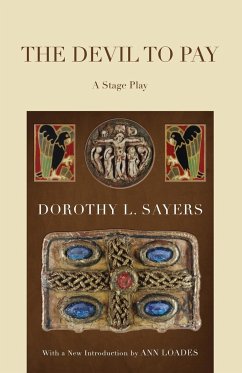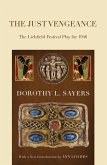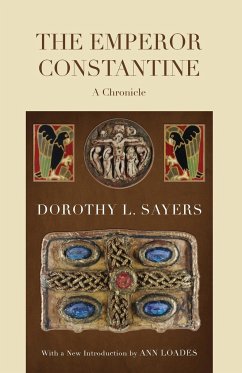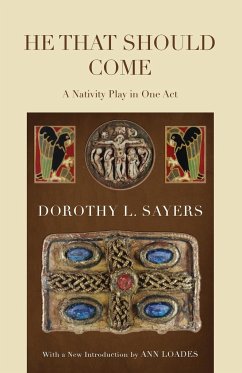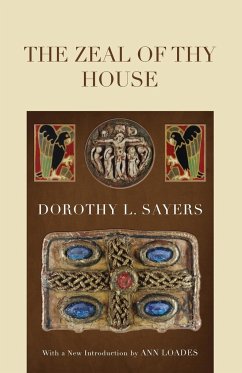In this play, Dorothy L. Sayers reworked the legend of Faustus as a serious 'comedy,' presenting Faustus as one who chooses wicked means as an end to an admirable goal: the relief of suffering (while becoming entirely focused on his own supposed satisfactions). In the last scene, in the Court of Heaven, Azrael, angel of the souls of the dead, claims Faustus' soul, opposing Mephistopheles' claim. With the knowledge of good and evil returned to him, Faustus finally accepts that his evil must be cleansed, with Mephistopheles serving as the agent of that purgation. Faustus accepts his need for cleansing, trusting that the divine Judge/Court President, will indeed in mercy meet him at the very gates of hell, finally redeemed.
Hinweis: Dieser Artikel kann nur an eine deutsche Lieferadresse ausgeliefert werden.
Hinweis: Dieser Artikel kann nur an eine deutsche Lieferadresse ausgeliefert werden.

